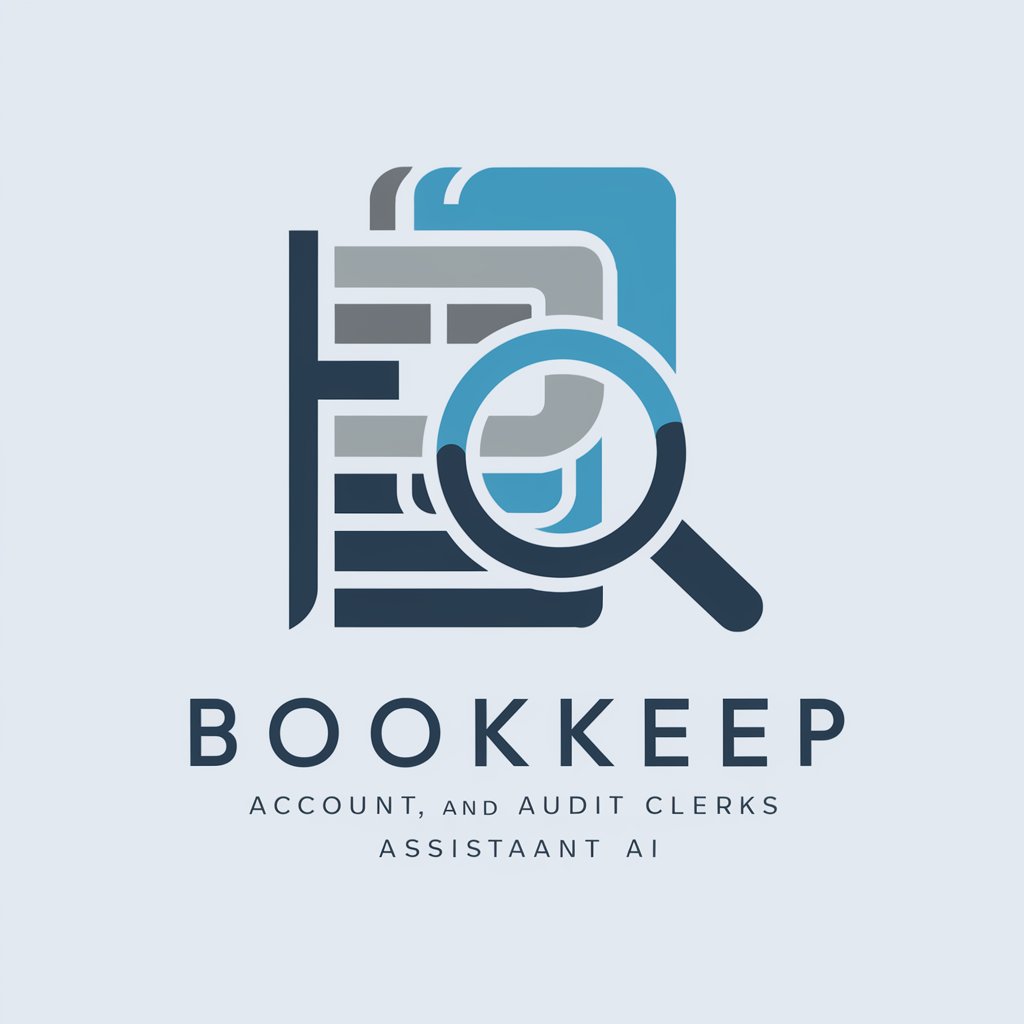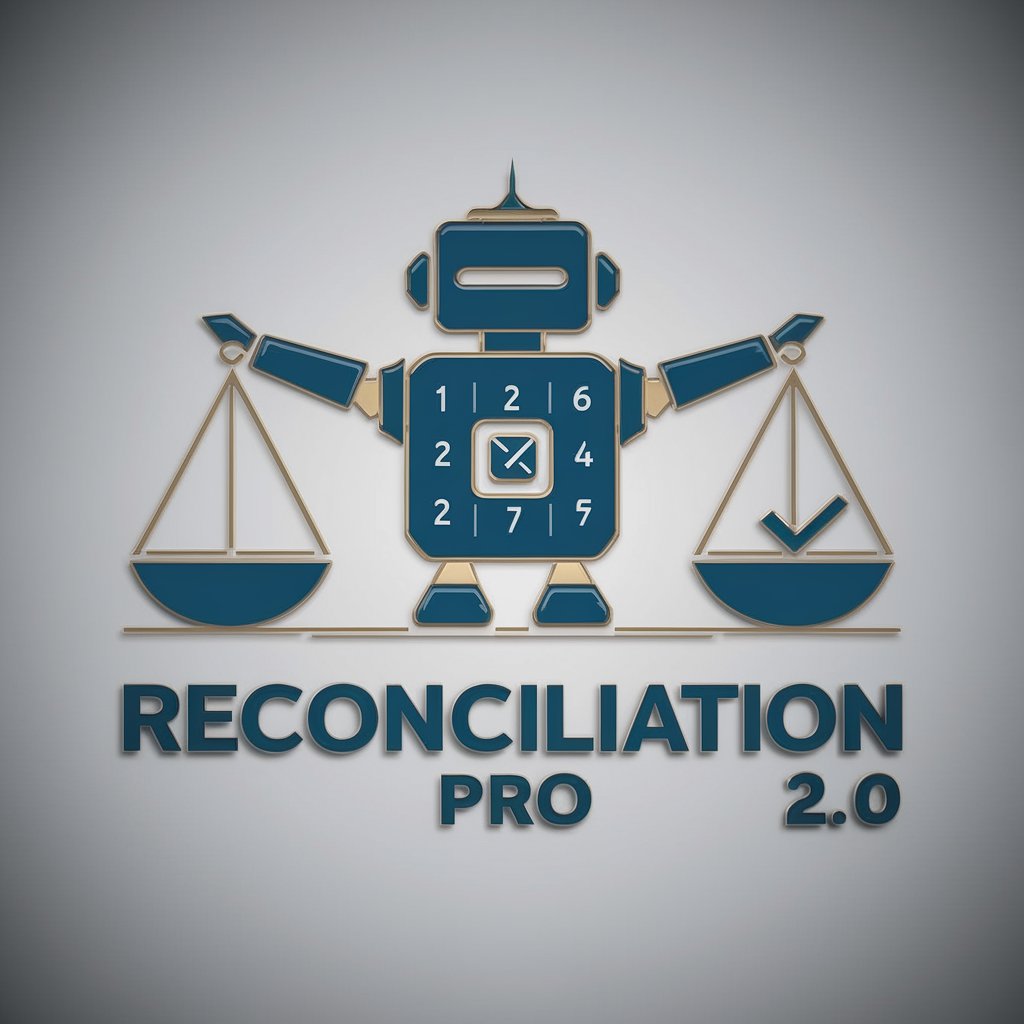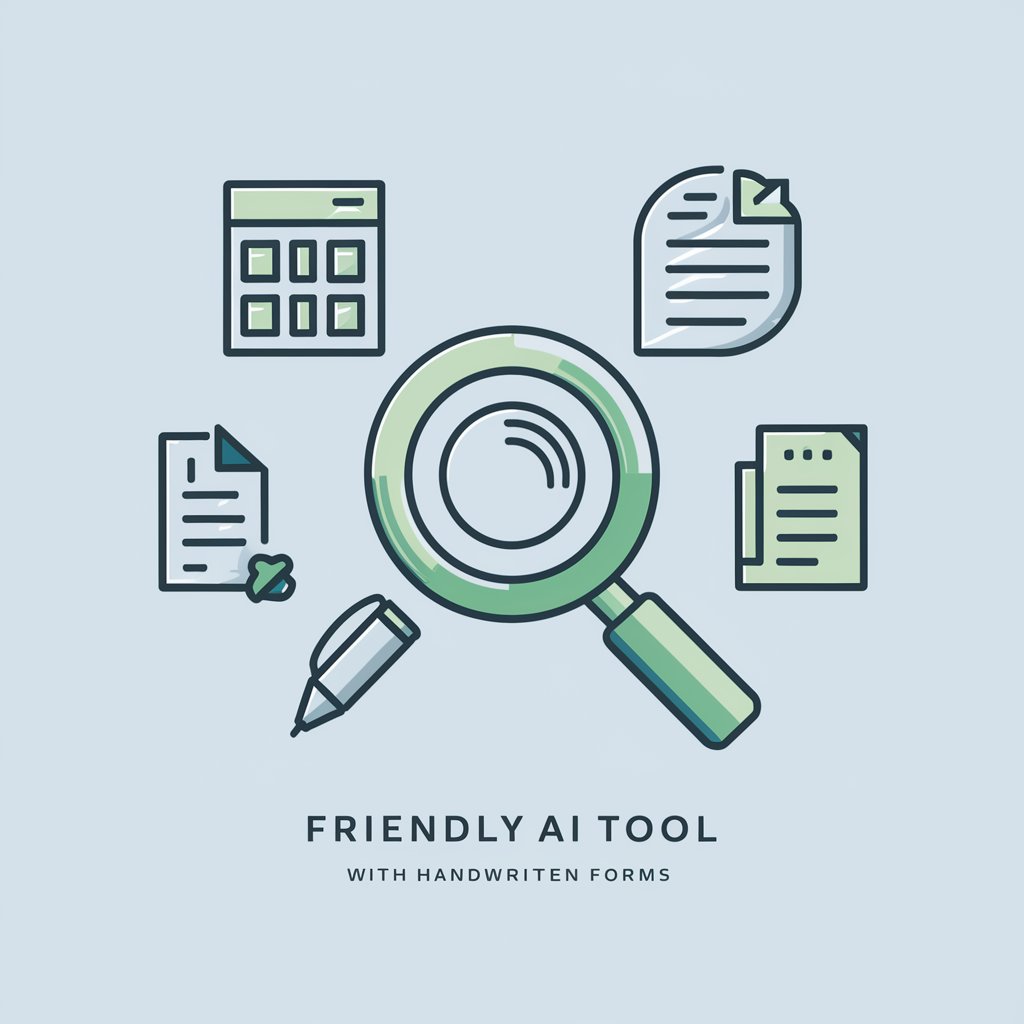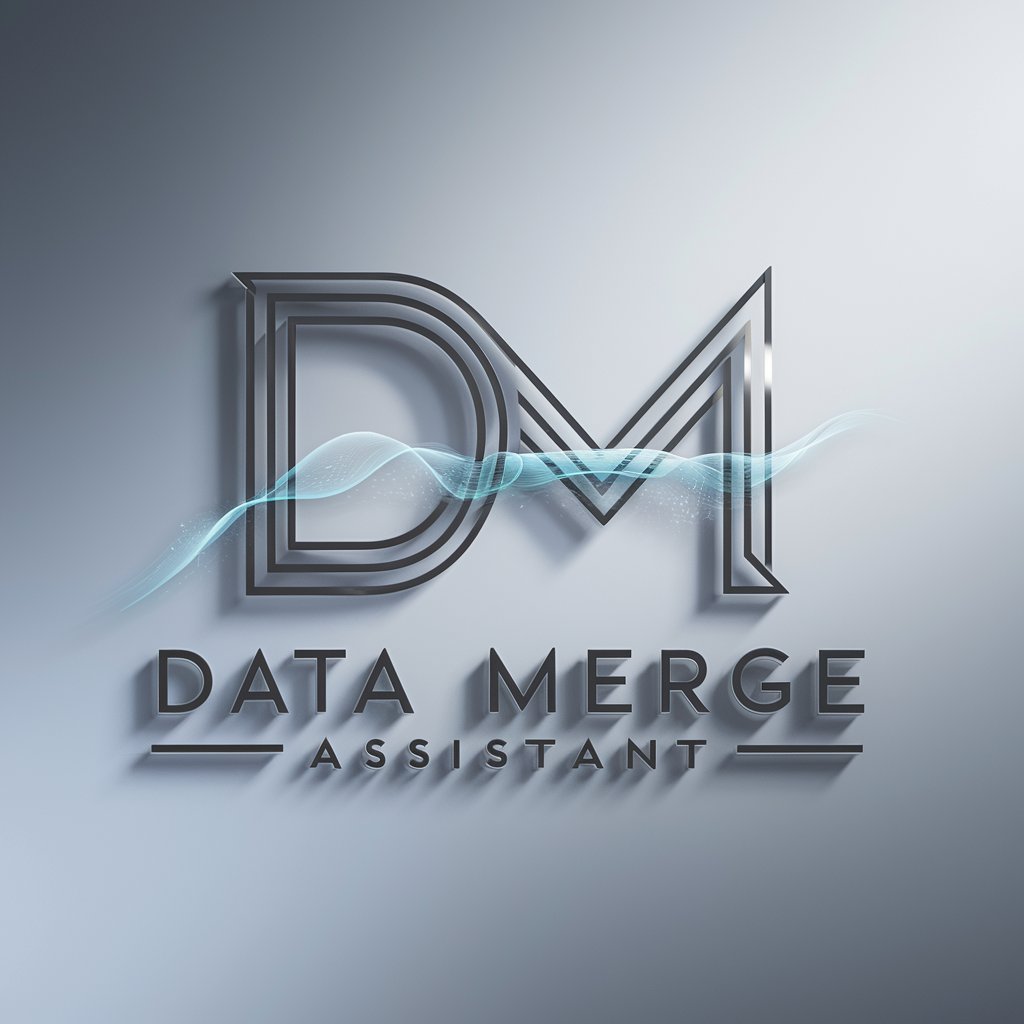11 GPTs for Data Reconciliation Powered by AI for Free of 2025
AI GPTs for Data Reconciliation are advanced tools designed to automate and improve the process of comparing, validating, and correcting data across different sources or systems. Utilizing Generative Pre-trained Transformers, these tools offer sophisticated solutions for ensuring data accuracy and consistency, critical for decision-making and operational efficiency in various sectors. By leveraging the power of GPTs, organizations can address complex data reconciliation challenges, reducing manual efforts and minimizing errors.
Top 10 GPTs for Data Reconciliation are: Accounting Mentor,Bookkeep, Account, and Audit Clerks Assistant,Reconciliation Pro 2.0,CS Commission Calculator,Work Buddy,Marketing Science Mentor,PAD Master,スマホで簡単!エクセルデータに記入漏れ、転記ミスをなくそう!,Data Merge Assistant,Ledger Link
Accounting Mentor
Demystifying accounting with AI

Bookkeep, Account, and Audit Clerks Assistant
Your AI-powered ally in finance and accounting.

Reconciliation Pro 2.0
Automate Your Numbers with AI

CS Commission Calculator
AI-powered, accurate sales commission insights.

Work Buddy
Streamlining bookkeeping with AI precision

Marketing Science Mentor
Clarify Marketing with AI

PAD Master
Automating Finance with AI Power

スマホで簡単!エクセルデータに記入漏れ、転記ミスをなくそう!
Streamline Data Accuracy with AI

Data Merge Assistant
Streamline e-commerce with AI-driven data merging

Ledger Link
Empowering finance with AI precision.

Swiss Accounting Buddy AI
Empowering Accounting with AI Precision

Key Capabilities of AI GPTs in Data Reconciliation
AI GPTs tools for Data Reconciliation are distinguished by their adaptability, from performing basic comparisons to handling complex discrepancies across datasets. Key features include advanced pattern recognition for identifying anomalies, machine learning capabilities for improving data matching techniques over time, and the integration of web searching, image analysis, and custom data analysis functions. These tools can learn from context, making them more efficient and reducing the need for manual intervention.
Who Benefits from AI GPTs in Data Reconciliation?
These AI tools are invaluable for a broad audience, including data analysts, financial auditors, IT professionals, and business managers, particularly those without extensive coding skills. Their user-friendly interfaces make them accessible to novices, while offering powerful customization options for developers and other tech-savvy professionals. This versatility ensures that anyone looking to enhance data accuracy and efficiency can leverage these GPTs tools.
Try Our other AI GPTs tools for Free
Financial Simulation
Discover AI GPT tools tailored for financial simulation, designed to enhance decision-making with accurate predictions and analyses.
Ability Scores
Explore cutting-edge AI tools for ability score evaluation. Discover how AI GPTs offer tailored insights, enhancing decision-making in education, HR, and personal growth.
TTRPG Customization
Explore AI GPT tools for TTRPG Customization, designed to enhance tabletop gaming with personalized content creation, scenario development, and more. Ideal for novices and professionals alike.
Monster Encounters
Discover the power of AI GPT tools for Monster Encounters, designed to enrich storytelling and gaming with dynamic, immersive monster-based scenarios. Ideal for creators at all skill levels.
Spell Selection
Discover how AI GPTs for Spell Selection can transform your spell-related projects with innovative, tailored solutions designed to enhance creativity, accuracy, and efficiency.
Party Composition
Revolutionize your event planning with AI GPTs for Party Composition. Streamline your planning process with personalized recommendations, seamless guest management, and real-time adjustments.
Expanding Horizons with AI GPTs in Data Reconciliation
AI GPTs offer customized solutions across various sectors, enhancing operational efficiency and decision-making through accurate data analysis. Their ability to integrate with existing systems, coupled with user-friendly interfaces, makes them a versatile tool for organizations aiming to streamline their data reconciliation processes and leverage accurate data for strategic advantages.
Frequently Asked Questions
What is data reconciliation?
Data reconciliation involves comparing data from different sources to ensure consistency, accuracy, and completeness.
How do AI GPTs improve data reconciliation processes?
AI GPTs automate and refine the reconciliation process by identifying discrepancies, learning from data patterns, and suggesting corrections, thereby increasing accuracy and efficiency.
Can non-technical users operate these AI GPTs tools?
Yes, these tools are designed with user-friendly interfaces that allow non-technical users to perform complex data reconciliation tasks with ease.
Do these tools require extensive programming knowledge?
No, while having programming knowledge can enhance customization, it's not a prerequisite to use most features effectively.
How do AI GPTs handle large datasets?
AI GPTs are capable of processing and analyzing large datasets efficiently, using advanced algorithms to manage data volume without compromising performance.
Can these tools integrate with existing systems?
Yes, many AI GPTs for Data Reconciliation are designed to integrate seamlessly with existing data management systems and workflows.
What sectors benefit most from these tools?
Sectors with heavy reliance on data accuracy and analysis, such as finance, healthcare, retail, and logistics, can greatly benefit from these tools.
Are these tools secure for sensitive data?
Yes, these tools implement robust security measures to protect sensitive data during the reconciliation process.